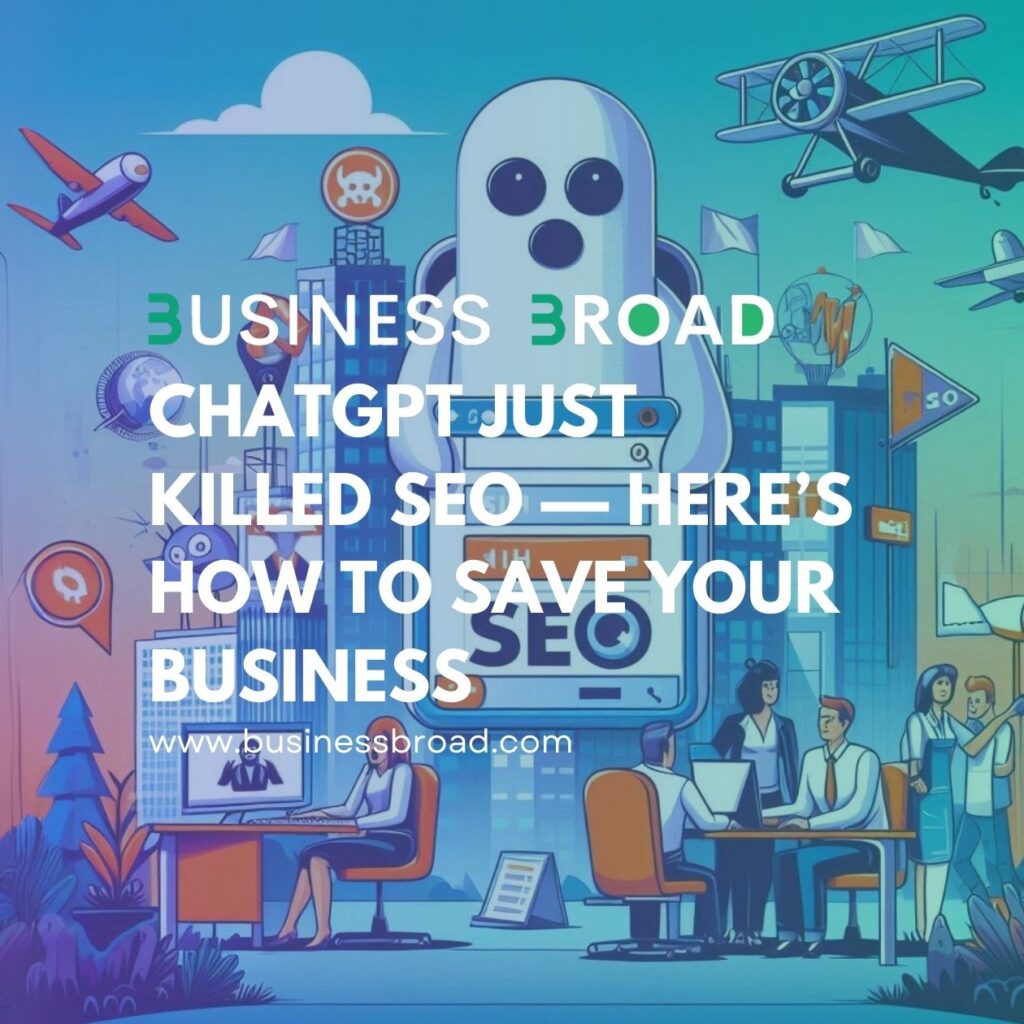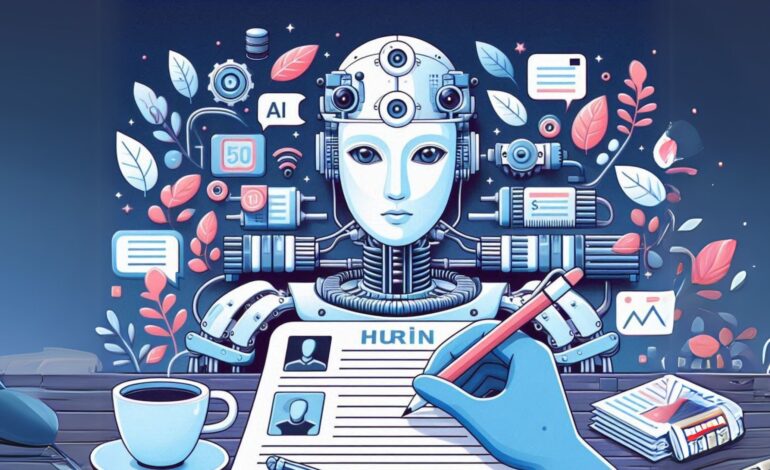The world of search engine optimization (SEO) has been turned upside down. With the rise of AI-powered tools like ChatGPT, traditional SEO methods are becoming less effective. Businesses that once thrived on organic traffic are now struggling to keep up. But is this truly the end of SEO? Not quite. Instead, it’s time to rethink how we approach online visibility. Let’s explore how ChatGPT is disrupting the SEO industry and what you can do to adapt and stay ahead.

Understanding the SEO Disruption
Search engines like Google are integrating AI into their algorithms. With AI-generated answers appearing directly on search results, fewer users are clicking through to websites. This shift means businesses must adapt their SEO strategies to remain competitive.
Why Traditional SEO Strategies Are Failing
Many outdated SEO tactics, such as keyword stuffing and thin content, are no longer effective. Google now prioritizes content that provides real value. Websites that fail to meet these new standards are seeing their rankings drop.
How ChatGPT Is Reshaping Search Results
ChatGPT and similar AI models can generate direct answers to user queries. This leads to:
- Fewer clicks on traditional search results
- A rise in zero-click searches, where users find answers without visiting websites
The Importance of Human-Centric Content
Google values content that demonstrates expertise, experience, authority, and trustworthiness (E-E-A-T). To stand out, businesses must:
- Provide original insights
- Showcase real-world experience
- Engage users with compelling storytelling
Leveraging AI Instead of Fighting It
Rather than viewing AI as the enemy, use it as a tool. AI can:
- Assist with keyword research
- Help structure content more effectively
- Generate topic ideas and outlines
Optimizing for AI-Driven Search Engines
Search engines are evolving, and so should your content strategy. Focus on:
- Conversational search optimization
- Answering user questions directly
Focusing on Brand Authority and Trust
Building a strong brand presence is more important than ever. Invest in:
- High-quality backlinks
- Consistent brand messaging
- Engaging social media presence
The Shift to Voice Search and AI Assistants
Voice search is on the rise. Optimize content for:
- Natural language queries
- Conversational tones
- Featured snippets
Enhancing User Experience (UX) for Better SEO
Google rewards websites that prioritize UX. Focus on:
- Fast loading speeds
- Mobile optimization
- Intuitive navigation
Emphasizing Video and Multimedia Content
Video is dominating search results. Improve visibility by:
- Creating engaging video content
- Optimizing video titles and descriptions
Diversifying Traffic Sources
Relying solely on Google traffic is risky. Invest in:
- Email marketing
- Social media engagement
- Community building
AI-Generated Content vs. Human Creativity
AI can generate content, but it lacks originality. To stay ahead:
- Inject personal experiences
- Use AI as an assistant, not a replacement
Future-Proofing Your SEO Strategy
SEO is evolving. Stay adaptable by:
- Keeping up with Google updates
- Experimenting with new content formats
Conclusion & Key Takeaways
AI is changing SEO, but businesses that adapt will thrive. By focusing on quality content, user experience, and brand authority, you can future-proof your SEO strategy and stay ahead in the AI era.
FAQs
- Can AI-generated content rank on Google?
Yes, but it needs to be well-optimized, valuable, and engaging. - How can businesses compete with AI-generated search results?
By focusing on brand trust, E-E-A-T, and human-centric content. - Will SEO become obsolete due to AI?
No, but it’s evolving. Businesses must adapt their strategies. - What’s the best way to optimize for AI-driven search?
Focus on conversational queries, structured data, and UX. - How can I use AI without harming my SEO?
Use AI for research, idea generation, and content enhancement—not as a full replacement.



